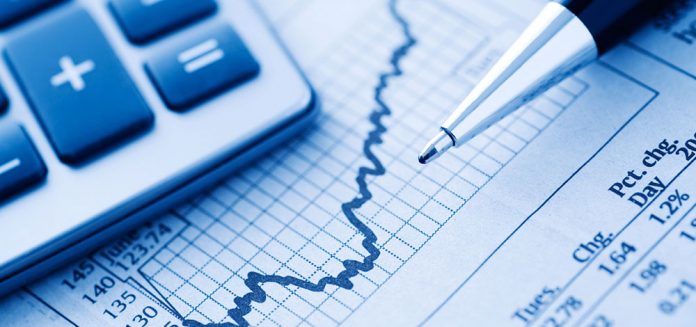ISLAMABAD: The Finance Division has warned that domestic retail prices are expected to further increase in August compared to July, consequent to higher inflation globally coupled with the depreciation of the exchange rate.
In its ‘Update and Outlook’ on the economy for the month of August released on Thursday, the Ministry of Finance stated that the economic outlook is surrounded by global and domestic uncertainties. Geopolitical tensions remain unabated, worldwide inflation remains high, interest rates show tendencies to rise, and the US dollar continues to strengthen.
Pakistan’s external environment is therefore facing increasing challenges whereas domestically, the government has taken necessary measures to comply with International Monetary Fund (IMF) requirements that further fueled the inflation. However, these measures also have the positive effect of alleviating the external financing constraints, the report said.
In addition, recent floods caused by abnormally heavy monsoon rains have adversely affected important and minor crops which may impact the economic outlook through agriculture performance, the report added.
The report stated that year-on-year (YoY) and month-on-month (MoM) inflation accelerated drastically in June and July due to pass-through of high international commodity prices and exchange rate depreciation into domestic retail prices. On the other hand, during the last 12 months, money supply growth was compatible with a low and stable inflation rate. However, recent supply shocks have brought the CPI to a level much higher than one year ago and it is expected that domestic retail prices may further increase in August 2022 compared to July 2022.
According to the report, the recent floods have reduced the potential output of both main and minor Kharif crops, thereby tempering the positive outlook of the agricultural sector and LSM growth is most exposed to the developments in international markets. In July, international economic slowdown and domestic negative seasonal effects may drag down LSM as compared with its level recorded in June. But on a YoY basis, LSM may stabilise or show limited growth.
Overall, economic activity as per Composite Leading Indicators (CLI) in Pakistan’s most important export areas during recent months has gradually deteriorated, reflecting negative output gaps. In June and July, Pakistan also experienced a growth slowdown while the economy’s output gap went into negative territory in July.
Nevertheless, overall economic growth in Pakistan remains positive due to a continuing high growth path of potential output, the report stated.
On the fiscal side, the deficit surpassed the revised target of 7.1% of the GDP and stood at 7.9% in the last fiscal year (FY22). However, in FY23, the fiscal deficit is expected to reduce to 4.9% of the GDP while the primary balance is likely to be in a surplus of Rs153 billion. In order to achieve the set targets, the budget for FY23 is focused on stabilising the economic growth, increasing revenues, enhancing exports, and protecting vulnerable segments of society through relief measures and pro-poor initiatives.
According to the Finance Ministry’s update, inflation has continued to accelerate in recent months, mainly due to supply shocks that have had a significant impact on the CPI level. It is possible for inflation to decelerate if these monthly impulses can be contained to normal levels in the future months. However, YoY inflation may still remain in double digits for the rest of the current fiscal year.
Moreover, economic growth remains positive but restrictive demand management and high inflation may cause Pakistan’s cyclical position to deteriorate in the coming months. This cooling off may bode well for the trade balance and by extension for the current account balance, official reserves, and the exchange rate.





There are many blogs on the Internet. But I can definitely say that your blog is amazing. It has all the qualities a perfect blog should have.